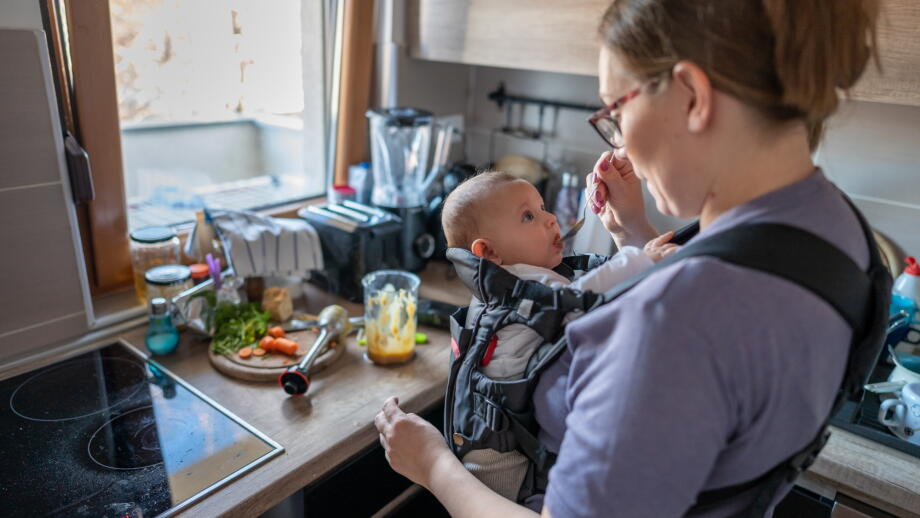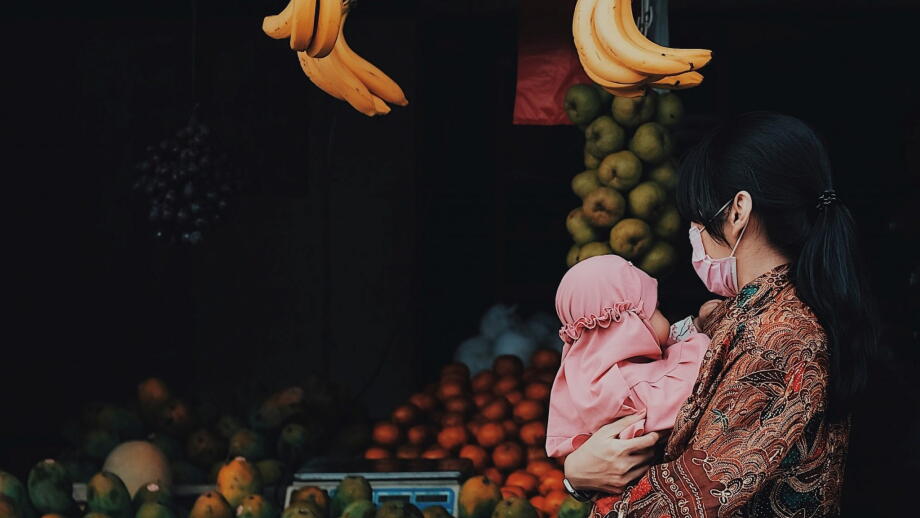Key findings
In our longitudinal study involving over 10,000 participants from more than 100 countries, we investigated how this shift was perceived and experienced by women and men.
We found that, while women and men alike noticed this change in the division of household labour, it was women who felt the pinch. Yet, how women experienced this shift depended on the level of economic gender equality within their home country.
In countries like Australia, where a gender pay gap persists but women and men typically enjoy similar economic opportunities and pay, women who noticed the shift toward more traditional roles reported poorer mental health and being less happy with their personal relationships. In contrast, in countries with much higher levels of economic gender inequality like India, women who noticed this traditional shift reported better mental health and being happier with their personal relationships. Men’s relationship satisfaction and mental health, however, was unaffected by the shift to a more traditional division of labour.
Taken together, our results demonstrate the gendered consequences of crises and the fragility of progress toward gender equality. Advancement is not guaranteed and there is an urgent need for gender-responsive and transformative policy and practice to safeguard gender equality in times of crisis.
Contact
Alex Fisher
Visiting Fellow
Leadership & the Glass Cliff, Relationships & the care economy, The workplace & working lives
Michelle Ryan
Director
Intersectionality & identity, Leadership & the Glass Cliff, Relationships & the care economy, The workplace & working lives
Gosia Mikołajczak
Research Fellow
The workplace & working lives
You may also like
Progressing paid parental leave
Our recommendations for the Paid Parental Leave Amendment (Improvements for Families and Gender
Equality) Bill 2022
How do you approach dating men on the apps?
We want to understand how gender dynamics play out on dating apps, and how much gender equality beliefs influence people's decisions about who and how they date.
So if you are…
Understanding the care economy in Southeast Asia
The study examines care in three Southeast Asian countries – Vietnam, the Philippines and Indonesia – and identifies key research, policy, and practice gaps.






